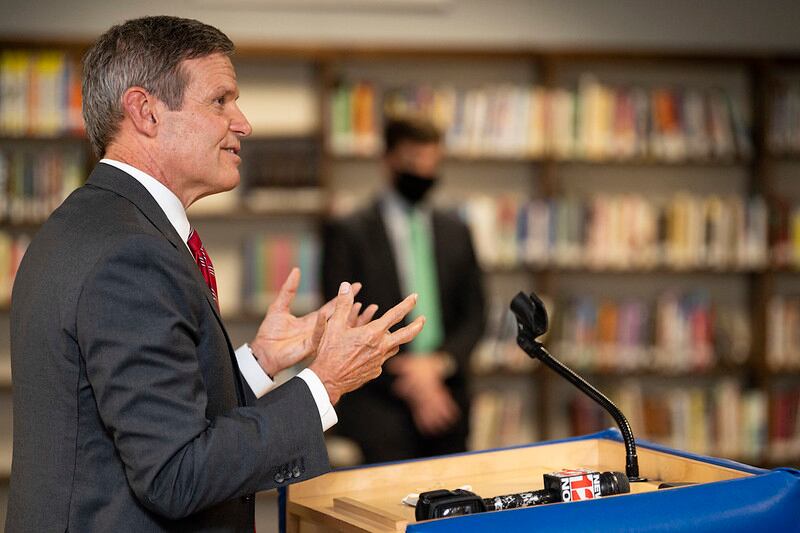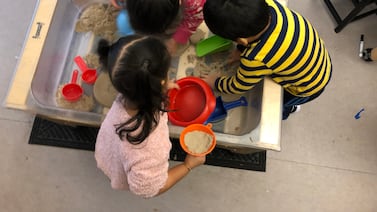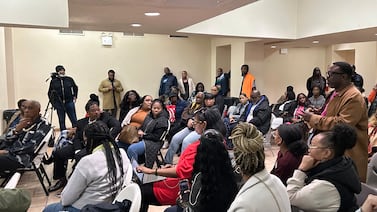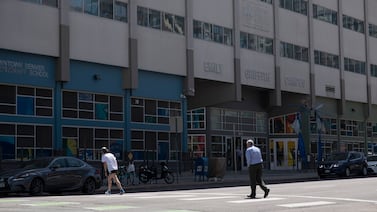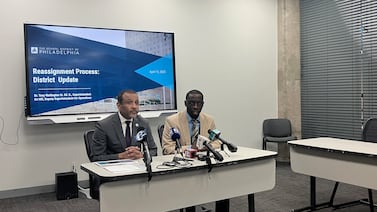Gov. Bill Lee is reportedly mulling whether to call a special legislative session on education as he looks to tackle a growing list of challenges facing Tennessee students whose learning has been disrupted by the pandemic for a second straight school year.
The Tennessean reported Tuesday that the Republican governor is considering a special session to prioritize education issues escalated by the coronavirus, based on conversations with “multiple legislative officials.”
A spokesman for the governor would not confirm that report but said education is a priority for Lee.
“The Governor is weighing a number of options to ensure that students and educators have the resources and supports they need to succeed in the most challenging school year in Tennessee’s history,” press secretary Gillum Ferguson said in a statement. “We’ll continue to work with the General Assembly to chart the most appropriate path forward on this critical issue.”
Education is already expected to be front and center of the regular session that’s scheduled to convene on Jan. 12. A special session would likely happen that same month and focus solely on education.
Among decisions awaiting lawmakers: a literacy proposal left over from the last session, ways to address learning loss, funding schools as enrollment declines, how to handle state assessments scheduled for next spring, and whether those test results should be used to hold students, teachers, and schools accountable.
“Ultimately, it’s the governor’s call,” House Speaker Cameron Sexton told Chalkbeat. “If Gov. Lee decides to call a special session, he has that authority, and we will work with him.”
Lee has ordered a special session before. In August, lawmakers convened for a week to pass protections to businesses from lawsuits arising from the coronavirus and new penalties for protesters camped on state property to demand racial justice.
Asked if the governor has spoken with him about convening another special session, Sexton said: “There’s always conversations going on. Whether they pan out is a whole different discussion.”
As leader of the House, the Crossville Republican said any conversations about education in the legislature need to include ways to incentivize districts to reopen their classrooms. He cited recent statements by Dr. Anthony Fauci, head of the National Institute of Allergy and Infectious Diseases, that schools and classrooms should be open during the pandemic.
“So my expectation is that Tennessee classrooms should be open,” Sexton said, “and there needs to be a discussion about how to hold them harmless for enrollment declines to receive the same level of state funding for schools.”
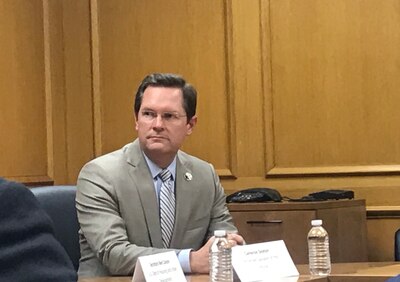
The speaker singled out the state’s largest school system in Memphis, which announced last month that school employees will receive a 1% salary increase with money saved by shifting to online classes.
“Shelby County Schools decided to take the money they saved by not opening classrooms and used it to give their teachers pay raises. That’s fine to do. But if school systems aren’t opening classrooms and they’re not spending all their money, should they be held harmless when we set BEP funding for next year?” he said.
Superintendent Joris Ray has kept school buildings closed to Memphis students this fall despite pressure from the state to reopen after COVID-19 cases surged in July. He has said his plan to reopen classrooms in January could be delayed if community spread worsens.
On Monday, the district released the results of a survey of parents and teachers showing less than a third of students are expected to return to in-person learning with the new year. Of teachers, 83% have chosen to continue teaching virtually.
“Shelby County Schools remains committed to flexibility as we base our reopening decisions on feedback from our school board, science, and guidance from health officials,” the district said in a statement.
All other school districts in Tennessee have at least partially reopened school buildings, though many have intermittently closed when COVID-19 has caused staffing shortages.

